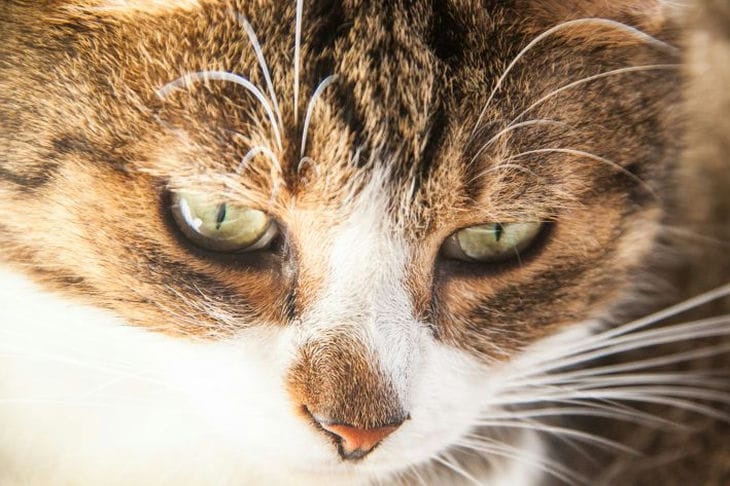Cat owners often face the problem when their pets start to ignore them.
The usual caresses and games give way to indifference and detachment.
This causes concern and a desire to understand the reasons for such behavior. How to figure out what happened and return the attention of your beloved pet?
Changes in health
One of the main reasons for ignoring may be the deterioration of the cat's health.
An animal experiencing pain or discomfort becomes less active and sociable.

Diseases of the teeth, gastrointestinal tract or urinary tract often cause changes in behavior.
It is important to see a veterinarian in a timely manner for examination and diagnosis to rule out or confirm health problems.
Stress and environmental changes
Cats are sensitive to changes in their environment. Moving, renovations, the arrival of a new family member or another animal can cause stress.
The stress reaction is expressed in avoiding contact with the owner. Creating a calm and familiar environment, as well as gradually getting used to changes, will help reduce the pet's stress level.
Lack of attention and communication
Cats, despite their independence, still need attention and communication from their owner.
If the owner begins to spend less time with the pet, the cat may begin to ignore him.
Regular play, petting, and spending time together help strengthen the bond between owner and cat. Even 15-20 minutes of active interaction a day can bring back the pet's attention.
Changes in diet
Changing your cat's diet or eating habits can also affect your cat's behavior.
Inconvenient feeding times, lack or excess of food can cause dissatisfaction in the animal.
You should stick to the established regime and provide your cat with high-quality and balanced food. Consulting with a veterinarian will help you choose the best diet.
Psychological problems
Sometimes neglect is related to psychological issues. Cats may suffer from anxiety disorders, depression, or even boredom.
Enriching the environment, using interactive toys and creating conditions for an active lifestyle will help to cope with these problems.
In some cases, consultation with an animal behaviorist may be necessary.
Age-related changes
As cats age, their behavior changes. Older pets become less active, spend more time sleeping, and may avoid excessive attention.
This is a natural process, and the owner should be patient and understanding. Providing a comfortable environment and maintaining the health of an elderly pet will help improve its quality of life.
Recommendations for improving interaction
To improve your interactions with your cat, it is important to observe its behavior and respond to changes.
Gradually introducing new elements into her life, maintaining a familiar routine, and creating a safe environment will help improve the bond with your pet. Teaching new commands and tricks will also help strengthen the bond between your cat and her owner.
Previously, we talked about why cats wake up their owners .








